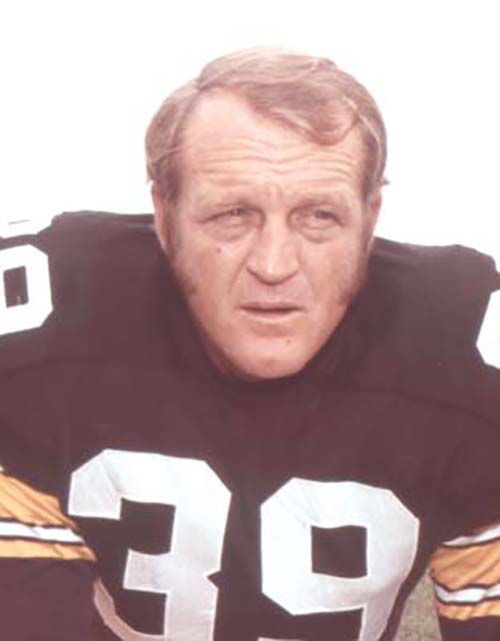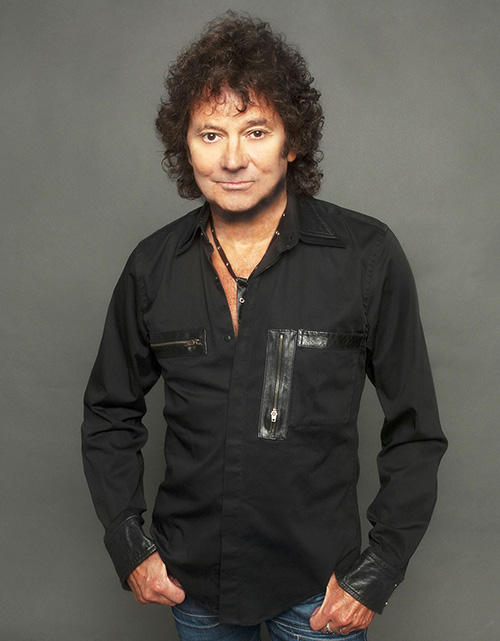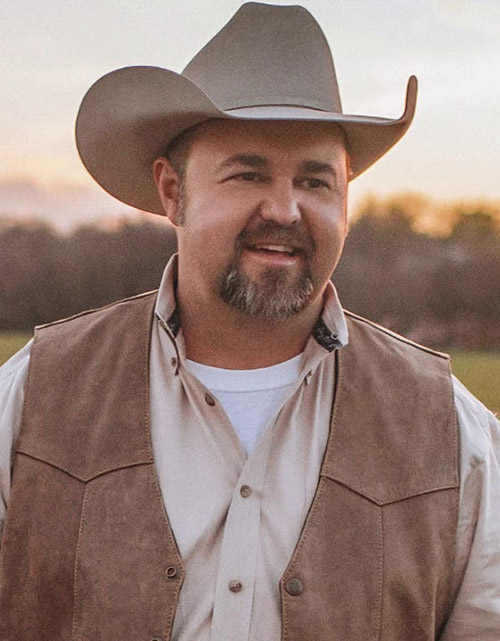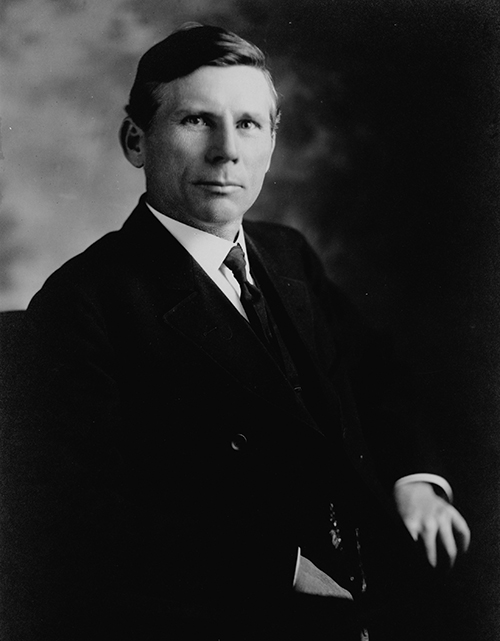About Grady County
Grady County, on the southwest border of Georgia, is the state’s 139th county. Created in 1906 from portions of Decatur and Thomas counties, it was named after Henry W. Grady, prominent editor of the Atlanta Constitution and famed southern orator who widely prophesied the “New South.”
Situated in the lower coastal plain in southwest Georgia, the county has a rolling terrain and numerous small streams and rich soil. A favorable climate affords natural resources for one of the richest farming areas in the nation. There are local processing plants for many of the major crops. It was the original diversified farming center of the southeast.
The City of Cairo was first chartered as a town in 1870 and as a city in 1906 and is located between Thomasville in Thomas County and Bainbridge in Decatur County. When Grady County was created, Cairo was designated the county seat. The City of Whigham located nine miles from Cairo on Highway 84 west is the other incorporated city in Grady County. According to records in the National Archives in Washington, the first post office was established in Harrell, Georgia, on May 26, 1868. In April of 1880, the U. S. Postal Service made the name change from Harrell, Georgia to Whigham, Georgia.
Native Americans originally held the land now encompassed by Grady County. The first white settlers traveled from the Carolinas along Indian trails from the South Carolina line near Augusta, across the state to Macon, and down to the southwest. Among the settlers was William Hawthorne, a Baptist minister and explorer who arrived in the 1820s and settled his family about three miles south of present-day Cairo on Tired Creek. Some of his friends in North Carolina followed him and settled farther south, around the present-day community of Calvary. Calvary is home to an annual “Mule Day,” which swells the population of the town from its usual 200 to 90,000 or more. Other communities in Grady County are Beachton, Pine Park, Reno and Spence.
In 1862 Seaborn Anderson Roddenbery began his medicine practice in a horse-drawn buggy, from which he sold his open-kettle sugarcane syrup. By 1867 Roddenbery had an office and a general store that sold syrup from large cypress barrels, and people brought their own jars to be filled with his molasses. In 1889 Roddenbery marketed the first pure Georgia cane syrup as “Roddenbery’s Old Plantation Molasses.” By 1920 the business was known as the W.B. Roddenbery Company. Beginning in 1936, the company expanded its product lines to include pickles, peanut butter, and boiled peanuts. In 1993 Dallas-based Dean Foods purchased W. B. Roddenbery and about ten years later closed the Cairo plant. The former syrup plant has been renovated and is now the Grady Cultural Center with meeting and banqueting facilities.
Taken from “Grady County; Pride of Place,” by Wessie Connell and Barbara Williams
Notable Natives
Not only is Cairo and Grady County well known for our local high school’s nickname, “The Syrupmakers”, but we have also had our fair share of famous folks who have made their mark at the state, national and even international levels.









